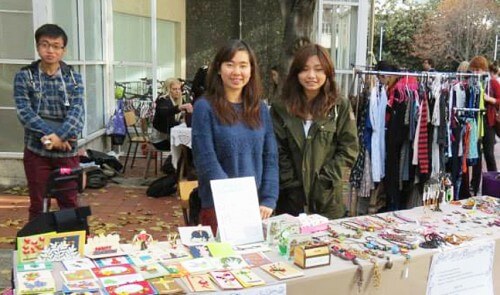February 17, 2016 8:21 pm
Published by Michael
Innovations in Health Equity and Health Philanthropy | Stanford Social Innovation Review Innovations in Health Equity and Health Philanthropy Our goal in this supplement is to lift up new
voices and approaches in health equity and
to highlight the work of funders and community
organizations that use health equity
as a lens for grantmaking and partnerships. Even in the 19th century, the lack of
health equity in the United States was a subject
of concern for advocates, scholars, and
health professionals. Washington commented
publicly on the high rate of preventable
death among blacks, and in 1915
he organized National Negro Health Week,
hoping to generate broad support for improving
black health. Black public health
leaders sustained this effort by continuing
to promote National Negro Health Week
for several more decades. The Affordable
Care Act (ACA) promises to expand the number
of Americans eligible for these and other
preventive health services, but it is not a given
that health disparities will decrease as a result.
Simply put,
disadvantaged social groups systematically
experience worse health or greater health
risks than more advantaged social groups.
The concept of the social determinants
of health, introduced by the World Health
Organization (WHO) about a decade ago,
has been an important tool for explaining
how the social and economic structures
that shape how people live also affect their
health.
Access to high-quality health services
is just one of several contributors to good
health status. There was
an emphasis on primary prevention (such as
community health education and screening),
improvements in the delivery of health care,
and use of data to track trends and outcomes.
With growing evidence of the social determinants
of health, health funders began
to focus their attention on “upstream” strategies
for example, improving housing or
increasing access to education alongside
continued “downstream” work to improve
health-care services.
Post-ACA, many health funders continue
to support health system reform as one
strategy for eliminating health disparities.
Other funders are taking a broader
view that addresses inequalities by moving
beyond health care and, in some cases,
outside the health sector.
Health funders who have partnered with
non-health organizations are an example of a
growing interest in working across sectors to
improve health equity. Many health funders
recognize that in low-income urban neighborhoods,
community development offers a vital
pathway for improving the underlying conditions
that shape health. The fund supports development of federally
qualified health centers in underserved areas,
as well as affordable housing that incorporates
health programs for low-income residents. If successful, these grantmaking strategies
could potentially lead to larger wins and could
be an opportunity for health philanthropy to
broaden its sphere of influence outside the
boundaries of the traditional health sector.
Because health equity is ultimately part
of the larger issue of social and economic
inequality, worsening economic inequality
in the United States threatens health
philanthropy’s ability to make meaningful
improvements. By catalyzing the power of people to make change, community organizers equip
people at every level to overcome the myriad barriers to health.
